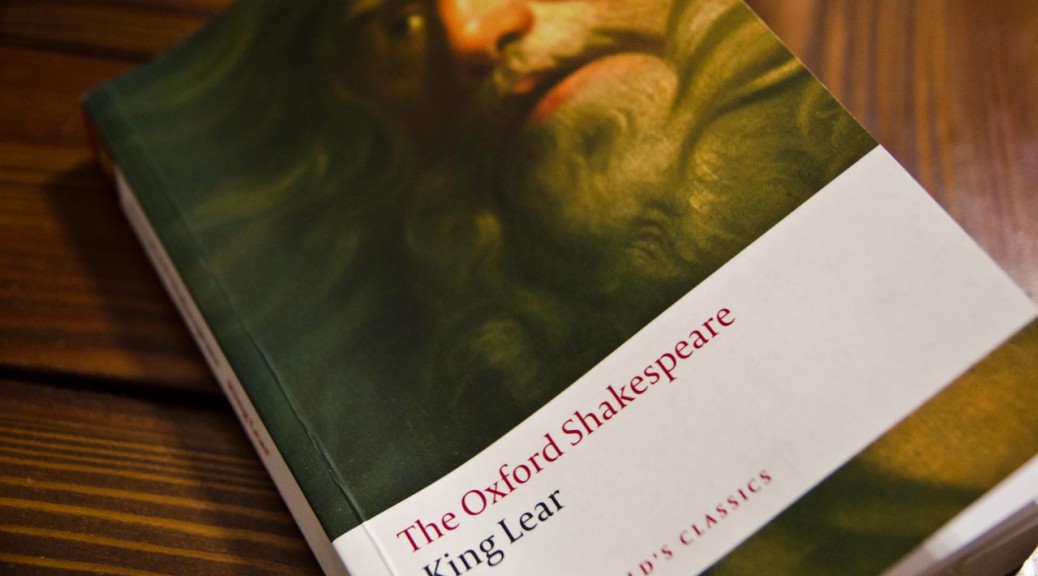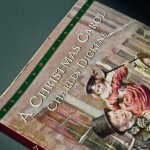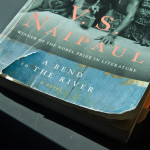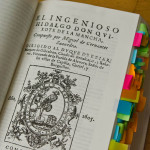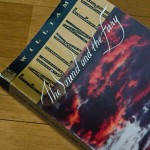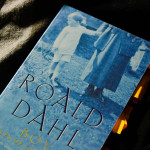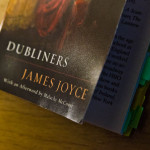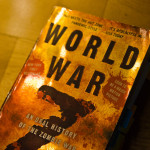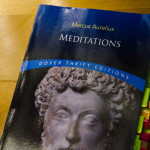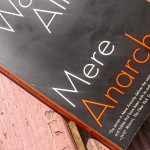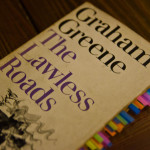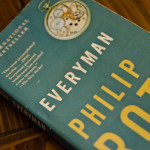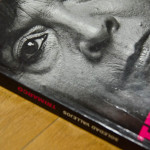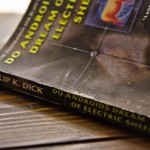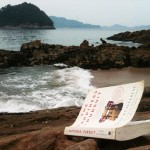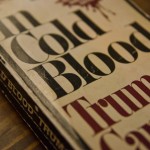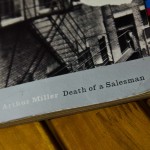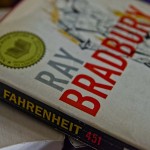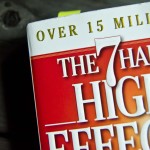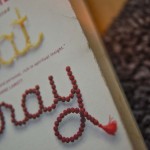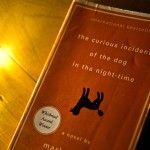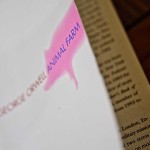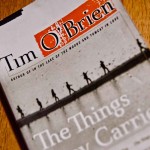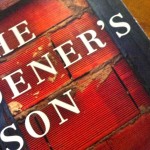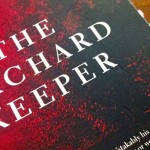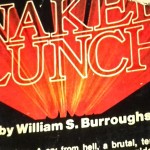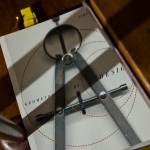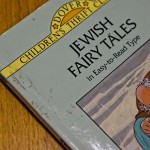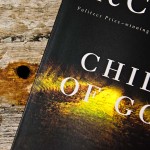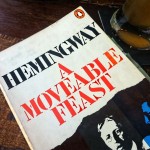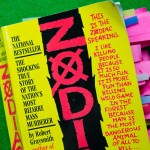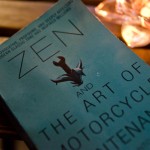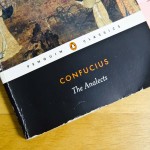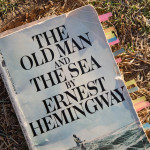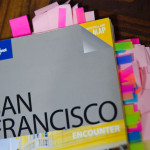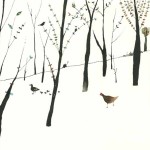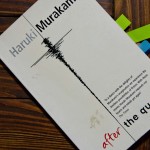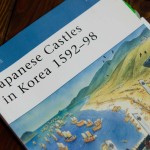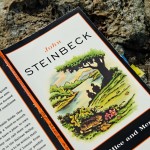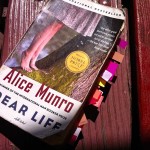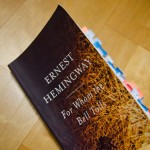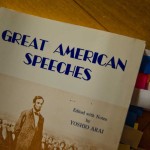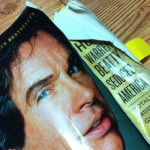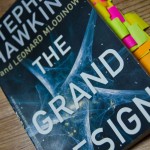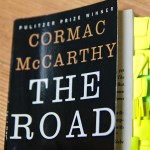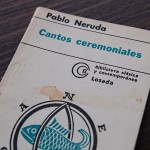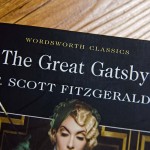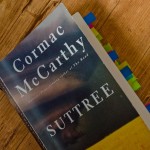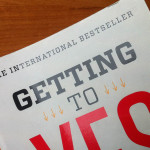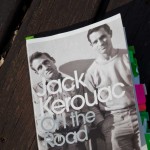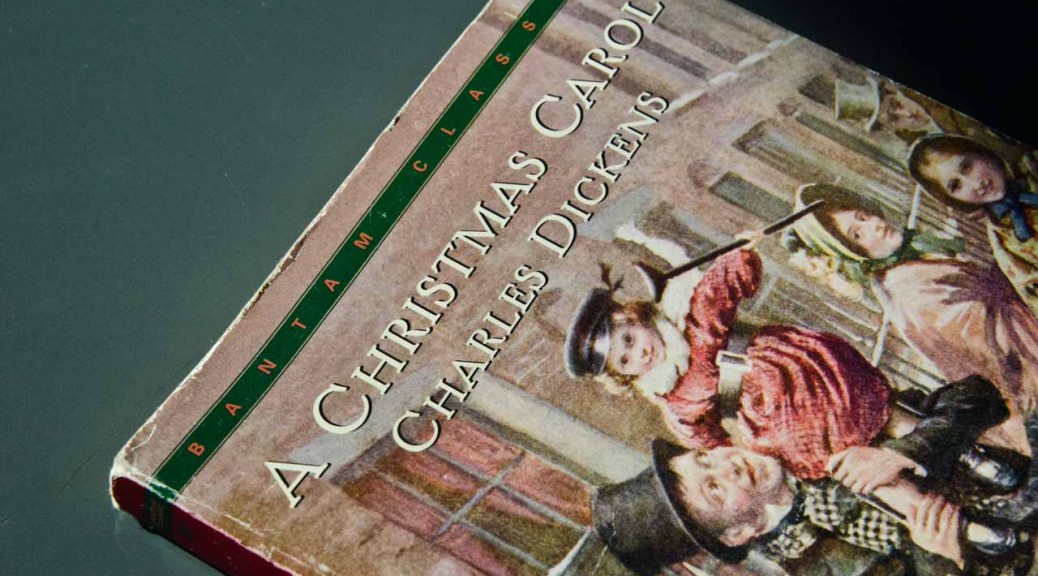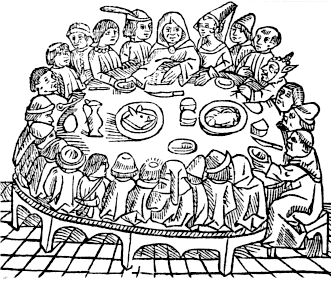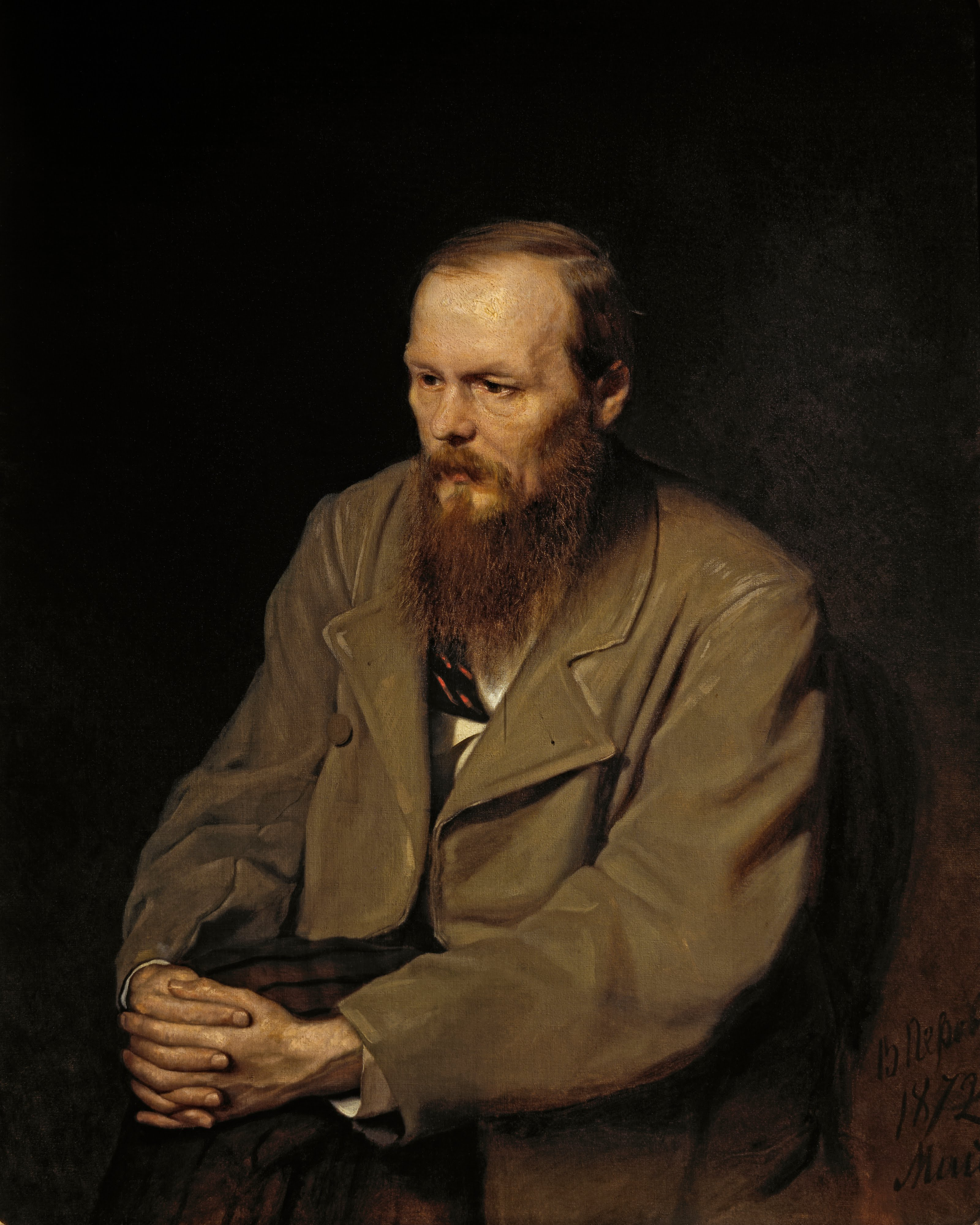Shakespeare, William, and Stanley Wells. The History of King Lear. Oxford: Oxford UP, 2008. Print.
Sc. 1
CORDELIA (aside) Then poor Cordelia-
And yet not so, since I am sure my love’s
More richer than my tongue.
line 70
—–
KENT
Let it fall rather, though the fork invade
The region of my heart. Be Kent unmannerly
When Lear is mad. What wilt thou do, old man?
Think’st thou that duty shall have dread to speak
When power to flattery bows? To plainness honour’s
bound
When majesty stoops to folly. Reverse thy doom,
And in thy best consideration check
This hideous rashness. Answer my life my judgement,
Thy youngest daughter does not love thee least,
Nor are those empty-hearted whose low sound
Reverbs no hollowness
line 135-line 144
See Dent V36
Henry the VIII “I did never know so full a voice issue from so empty a heart.” p. 107
“The empty vessel makes the greatest sound.” p. 108
——
Sc. 2
——-
GLOUCESTER These late exlipses in the sun and moon portend no good to us. Though the wisdom of nature can reason thus and thus, yet nature finds itself scourged by the sequent effects. Love cools, frienship falls off, brothers divide; in cities mutinies, in countries discords, palaces treason, the bond cracked between son and father. Find out this villain, Edmund; it shall lose thee nothing. Do it carefully. And the noble and true-hearted Kent banished, his offence honesty! Strange, strange!
Exit
EDMUND this is excellent foppery of the world: that when we are sick in fortune-often the surfeit of our own behaviour-we make guilty of our disasters the sun, the moon, and the stars, as if we were villains by necessity, fools by heavenly compulsion, knaves, thievesm abd treacherers by spherical predominance, drunkards, liars, and adulterers by an enforced obedience of planetary influence, and all that we are evil in by a divine thrusting on. An admirable evasion of whoremaster man, to lay his goatish disposition to the charge of stars!
My father compounded with my mother under the Dragon’s tail and my nativity was under Ursa Major, so that it follows I am rough and lecherous. Fut! I should have been that I am had the maidenliest star of the firmament twinkled on my bastardy. Edgar…
Line 100-124
—–
EDMUND I do serve you in this business. Exit Edgar
A credulous father, and a brother noble,
Whose nature is so far from doing harms
That he suspects none; o whose follish honesty
My practice ride easy. I see the business.
Let me, if not by birth, have lands by wit.
All with me’s meet that I can fashion fit. Exit
Lines 160-166
—-
Sc. 4
—-
LEAR A pestilent gall to me!
FOOL [to Kent] Sirrah, I’ll teach thee a speech.
LEAR Do.
FOOL Mark it, uncle
Have more than thou showest
Speak less than thou knowest,
Lend less than thou owest,
Ride more than thou goest,
Learn more than thou trowest,
Set less than thou throwest,
Leave thy drink and thy whore,
And keep in-a-door,
And thou shalt have more
Than two tens to a score.
lines 109-121
—
FOOL Dost know the differnce, my boy, between a bitter fool and a sweet fool?
LEAR No, lad. Teach me.
FOOL [sings] That lord that counselled thee
To give away thy land,
Come, place him here by me;
Do thou for him stand.
The sweet and bitter fool
Will presently appear,
The one in motley here,
The other found out there.
LEAR Dost thou call me fool, boy?
Lines 130-141
—
Fool (to Lear) For, you trow, nuncle,
[sings]
The hedge-sparrow fed the cuckoo so long
That it had it head bit off by it young;
so out went the candle, and we were left darkling.
Lines 205-209
—
Sc. 7
—-
LEAR
Now I prithee, daughter, do not make me mad.
I will not trouble thee, my child. Farewell.
We’ll no more meet, no more see one another.
But yet thou art my flesh, my blood, my daughter-
Or rather a disease that lies within my flesh,
Which I must needs call mine. Thou art a boil,
A plague-sore, and embossed carbuncle
In my corrupted blood. But I’ll not chide thee.
Let shame come when it will, I don not call it.
I do not bid the thunder-bearer shoot,
Nor tell tales of thee to high-judging Jove.
Mend when thou canst; be better at thy leisure.
I can be patient, I can stay with Regan,
I and my hundred knights.
lines 375-387
—-
Sc. 14
—-
CORNWALL
See’t shalt thou never.-Fellows, hold the chair.-
Upon those eyes of thine I’ll set my foot.
GLOUCESTER
He that will think to live till he be old
Give me some help!-O cruel! O ye gods!
[Cornwall puts out one of Gloucester’s eyes and stampt on it]
lines 64-67
—
SERVANT (to Gloucester)
O, I am slain, my lord! Yet have you one eye left
To see more mischief on him.
[Regan stabs him again]
O! He dies
CORNWALL
Lest it see more, prevent it. Out, vile jelly!
He [puts out] Gloucester’s other eye
Where is thy lustre now?
GLOUCESTER
All dark and comfortless. Where’s my son Edmund?
Edmund, enkindle all the sparks of nature
To quite this horrid act.
lines 78-84
—
THIRD SERVANT
Go thou. I’ll fetch some flax and whites of eggs
To apply to his bleeding face. Now heaven help him!
Exeunt severally
lines 104-105
—-
Sc. 15
—-
GLOUCESTER
‘Tis the time’s plague when madmen lead the blind.
DO as I bid thee; or rather do thy pleasure.
Above the rest, be gone.
lines 46-46
—
Sc. 20
Enter King Lear mad, [crowned with weeds and flowers]
before line 80
—-
LEAR Ha, Gonoril! Ha, Regan! They flattered me like a dog,
and told me I had white hairs in my beard ere the black
ones were there. To say ‘ay’ and ‘no’ to everything I said
‘ay’ and ‘no’ to was no good divinity. When the rain
came to wet me once, and the wind to make me chatter,
when the thunder would not peace at my bidding, there I
found them, there I smelt them out. Go to, they are not
men of their words. They told me I was everything; ’tis a
lie, I am not ague-proof.
GLOUCESTER
The trick of that voice I do well remember.
Is’t not the King?
LEAR Ay, every inch a king.
Lines 95-105
—
LEAR…
With a more riotus appetite. Down from the waist
They’re centaurs, though women all above.
But to the girdle do the gods inherit;
Beneath is all the fiend’s. There’s hell, there’s
darkness,
There’s the sulphury put, burning, scalding,
Stench, consummation. Fie, fie, fie; pah, pah!
lines 119-124
—
LEAR I remember thy eyes well enough. Dost thou squiny
on me?
No, do thy worst, blind Cupid, I’ll not love.
Read thou that challenge. Mark the penning of ‘t.
GLOUCESTER
Were all the letters suns, I could not see one.
lines 129-135
—-
LEAR [removing his crown of weeds]
When we are born, we cry that we are come
To this great stage of fools. This’ a good block.
Lines 171-172
—
Note on page 243:
“Edgar with his staff, Oswald with his sword or rapier and dagger… ‘the staff-man never striketh but at the head, and thrusteth presently under at the body; and if a blow be first made, a thrust followeth’; the aim that is, is to cause the opponent to protect his head and then swiftly to attack his body before he can bring his arms down.”
—-
Sc. 21
—
****
LEAR You do me wrong to take me out o’th’ grave.
Thou art a soul in bliss, but I am bound
Upon a wheel of fire, that mine own tears
Do scald like molten lead.
CORDELIA Sir, know me.
lines 43-47
—-
Sc. 22
—
LEAR
Be your tears wet? Yes, faith. I pray, weep not.
If you have poison for me, I will drink it.
I know you do not love; for your sisters
Have, as I do remember, done me wrong.
You have a cause; they have not.
CORDELIA No cause, no cause.
lines 68-74
—–
Sc. 24
—
REGAN
Jesters do oft prove prophets.
—-
LEAR
Howl, howl, howl, howl! O, you are men of stones.
Had I your tongues and eyes, I would use them so
That heaven’s vault should crack. She’s gone for ever.
I know when one is dead and when one lives.
She’s dead as earth.
lines 253-357
—-
falchion
—
Sc. 24
—
LEAR
And my poor fool is hanged. No, no life.
Why should a dog, a horse, a rat have life,
And thou no breath at all? O, thou wilt come no more.
Never, never, never.-Pray you, undo
This button. Thank you, sir. O, O, O, O!
EDGAR He faints. (To Lear) My lord, my lord!
LEAR Break, heart, I prithee break.
EDGAR Look up, my lord.
KENT
Vex not his ghost. O, let him pass. He hates him
That would upon the rack of this tough world
Stretch him out longer.
[Lear dies]
EDGAR O, he is gone indeed.
lines 300-310
—
To read: Kermode, Frank, ed., Shakespeare: ‘King Lear’, A Casebook (1969) includes essay by George Orwell
See Grande Ouverture du Roi Léar, Opus 4, by Hector Berlioz
—
Oxford World’s Classics
John Milton’s Selected Poetry
Sir Philip Sidney‘s The Old Arcadia
Henry of Huntingdon’s The History of the English People 1000-1154
—
The Ballad of King Lear
Perrett “And to thousands of children it tells Cordelia’s pathetic story when Shakespeare is a mere name, and conveys some inkling of a different morality from that which is inculcated by the customary materialism of a golden crown to reward the Beautiful.” p. 279
A lamentable Song of the Death of King Leir and his Three Daughters
King Lear once rulèd in this land
With princely power and peace;
And had all things with hearts content,
That might his joys increase.
Amongst those things that nature gave,
Three daughters fair had he,
So princely seeming beautiful,
As fairer could not be.
So on a time it pleas’d the king
A question thus to move,
Which of his daughters to his grace
Could shew the dearest love:
“For to my age you bring content,”
Quoth he, “then let me hear,
Which of you three in plighted troth
The kindest will appear.”
To whom the eldest thus began;
“Dear father, mind,” quoth she,
“Before your face, to do you good,
My blood shall render’d be
And for your sake my bleeding heart
Shall here be cut in twain,
Ere that I see your reverend age
The smallest grief sustain.”
“And so will I,” the second said;
“Dear father, for your sake,
The worst of all extremities
I’ll gently undertake:
And serve your highness night and day
With diligence and love;
That sweet content and quietness
Discomforts may remove.”
“In doing so, you glad my soul,”
The aged king reply’d;
“But what sayst thou, my youngest girl,
How is thy love ally’d?”
“My love” (quoth young Cordelia then)
“Which to your grace I owe,
Shall be the duty of a child,
And that is all I’ll show.”
“And wilt thou shew no more,” quoth he,
“Than doth thy duty bind?
I well perceive thy love is small,
When as no more I find.
Henceforth I banish thee my court,
Thou art no child of mine;
Nor any part of this my realm
By favour shall be thine.
“Thy elder sisters loves are more
Then well I can demand;
To whom I equally bestow
My kingdome and my land,
My pompal state and all my goods,
That lovingly I may
With those thy sisters be maintain’d
Until my dying day.”
Thus flattering speeches won renown,
By these two sisters here;
The third had causeless banishment,
Yet was her love more dear:
For poor Cordelia patiently
Went wandring up and down,
Unhelp’d, unpity’d, gentle maid,
Through many an English town:
Untill at last in famous France
She gentler fortunes found;
Though poor and bare, yet she was deem’d
The fairest on the ground:
Where when the king her virtues heard,
And this fair lady seen,
With full consent of all his court
He made his wife and queen.
Her father king Leir this while
With his two daughters staid:
Forgetful of their promis’d loves,
Full soon the same decay’d;
And living in queen Ragan’s court,
The eldest of the twain,
She took from him his chiefest means,
And most of all his train.
For whereas twenty men were wont
To wait with bended knee:
She gave allowance but to ten,
And after scarce to three;
Nay, one she thought too much for him;
So took she all away,
In hope that in her court, good king,
He would no longer stay.
“Am I rewarded thus,” quoth he,
“In giving all I have
Unto my children, and to beg
For what I lately gave?
I’ll go unto my Gonorell:
My second child, I know,
Will be more kind and pitiful,
And will relieve my woe.”
Full fast he hies then to her court;
Where when she heard his moan
Return’d him answer, that she griev’d
That all his means were gone:
But no way could relieve his wants;
Yet if that he would stay
Within her kitchen, he should have
What scullions gave away.
When he had heard, with bitter tears,
He made his answer then;
“In what I did let me be made
Example to all men.
I will return again,” quoth he,
“Unto my Ragan’s court;
She will not use me thus, I hope,
But in a kinder sort.”
Where when he came, she gave command
To drive him thence away:
When he was well within her court
(She said) he would not stay.
Then back again to Gonorell
The woeful king did hie,
That in her kitchen he might have
What scullion boys set by.
But there of that he was deny’d,
Which she had promis’d late:
For once refusing, he should not
Come after to her gate.
Thus twixt his daughters, for relief
He wandred up and down;
Being glad to feed on beggars food,
That lately wore a crown.
And calling to remembrance then
His youngest daughters words,
That said the duty of a child
Was all that love affords:
But doubting to repair to her,
Whom he had banish’d so,
Grew frantick mad; for in his mind
He bore the wounds of woe:
Which made him rend his milk-white locks,
And tresses from his head,
And all with blood bestain his cheeks,
With age and honour spread.
To hills and woods and watry founts
He made his hourly moan,
Till hills and woods and sensless things,
Did seem to sigh and groan.
Even thus possest with discontents,
He passed o’re to France,
In hopes from fair Cordelia there,
To find some gentler chance;
Most virtuous dame! which when she heard,
Of this her father’s grief,
As duty bound, she quickly sent
Him comfort and relief:
And by a train of noble peers,
In brave and gallant sort,
She gave in charge he should be brought
To Aganippus’ court;
Whose royal king, with noble mind
So freely gave consent,
To muster up his knights at arms,
To fame and courage bent.
And so to England came with speed,
To repossesse king Leir
And drive his daughters from their thrones
By his Cordelia dear.
Where she, true-hearted noble queen,
Was in the battel slain;
Yet he, good king, in his old days,
Possest his crown again.
But when he heard Cordelia’s death,
Who died indeed for love
Of her dear father, in whose cause
She did this battle move;
He swooning fell upon her breast,
From whence he never parted:
But on her bosom left his life,
That was so truly hearted.
The lords and nobles when they saw
The end of these events,
The other sisters unto death
They doomed by consents;
And being dead, their crowns they left
Unto the next of kin:
Thus have you seen the fall of pride,
And disobedient sin.
